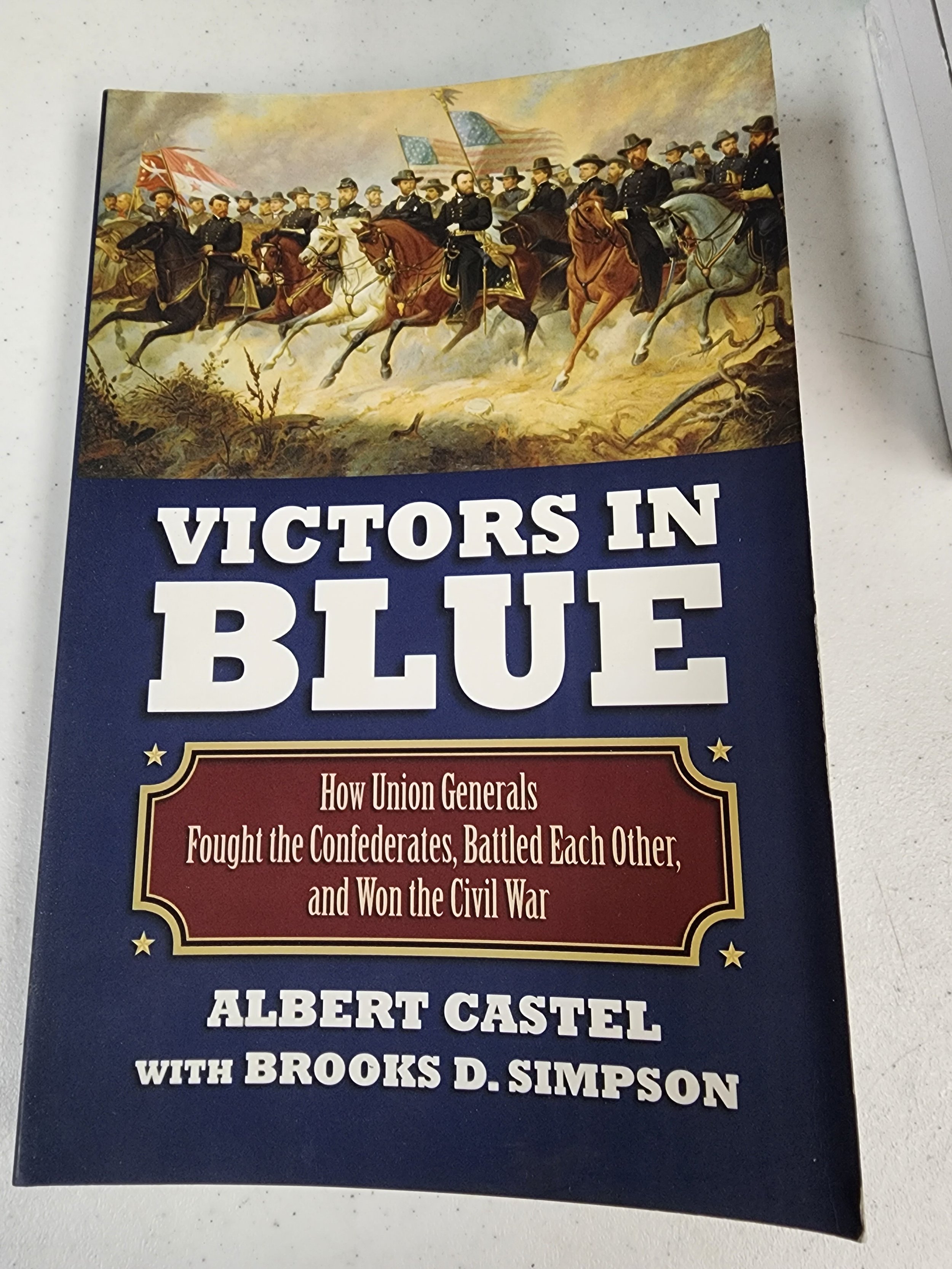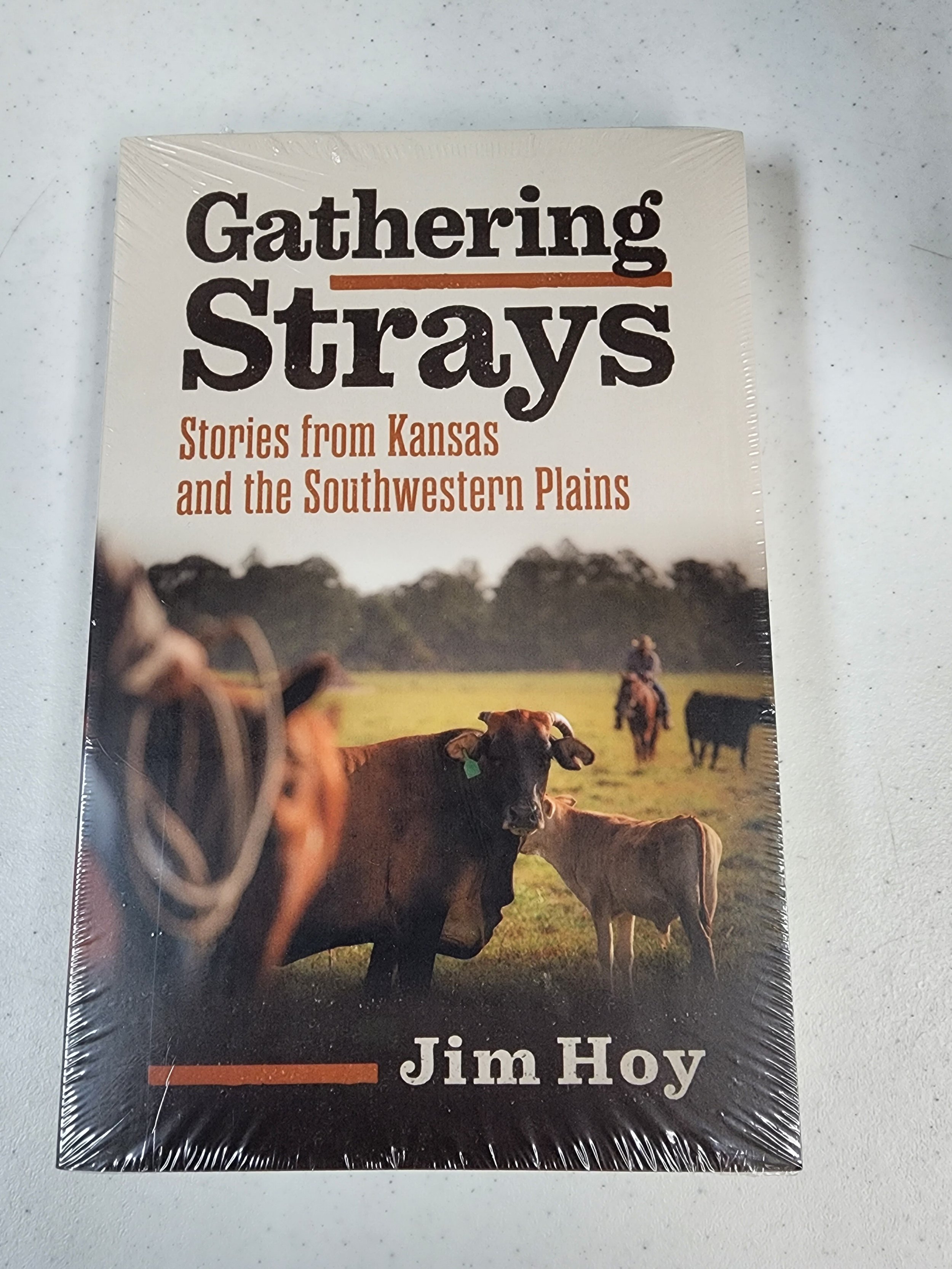 Image 1 of 2
Image 1 of 2

 Image 2 of 2
Image 2 of 2



The Petals of a Kansas Sunflower
Rather than pledging allegiance to the military effort as dictated by Prussian law in 1867, many devout Anabaptists deemed it prudent to become pioneers in Kansas. The year was 1876 and odd numbered sections of railroad land were being marketed by the Santa Fe across Kansas. Towns developed around train depots; local shopping became available. Marie Harder Epp was born in America to these relocated Anabaptists. She was a Kansas Mennonite farmer and also the village poet. Her poems, written for oral delivery, tell the story of life in Holland and West Prussia following the Reformation, the relocation to Kansas, and the creation of a church community on the tall grass prairies. A church was organized to focus these hard-working Germans on divine realities as they buried their dead, married their young, and dealt with the harsh prairie winds. Marie's poems also describe the changeover from buggies to cars, from German to English, and from isolation to global outreach. With time, the Anabaptists learned through cultural adaptation that they could be both staunch Mennonites and also patriotic Americans.
Rather than pledging allegiance to the military effort as dictated by Prussian law in 1867, many devout Anabaptists deemed it prudent to become pioneers in Kansas. The year was 1876 and odd numbered sections of railroad land were being marketed by the Santa Fe across Kansas. Towns developed around train depots; local shopping became available. Marie Harder Epp was born in America to these relocated Anabaptists. She was a Kansas Mennonite farmer and also the village poet. Her poems, written for oral delivery, tell the story of life in Holland and West Prussia following the Reformation, the relocation to Kansas, and the creation of a church community on the tall grass prairies. A church was organized to focus these hard-working Germans on divine realities as they buried their dead, married their young, and dealt with the harsh prairie winds. Marie's poems also describe the changeover from buggies to cars, from German to English, and from isolation to global outreach. With time, the Anabaptists learned through cultural adaptation that they could be both staunch Mennonites and also patriotic Americans.









